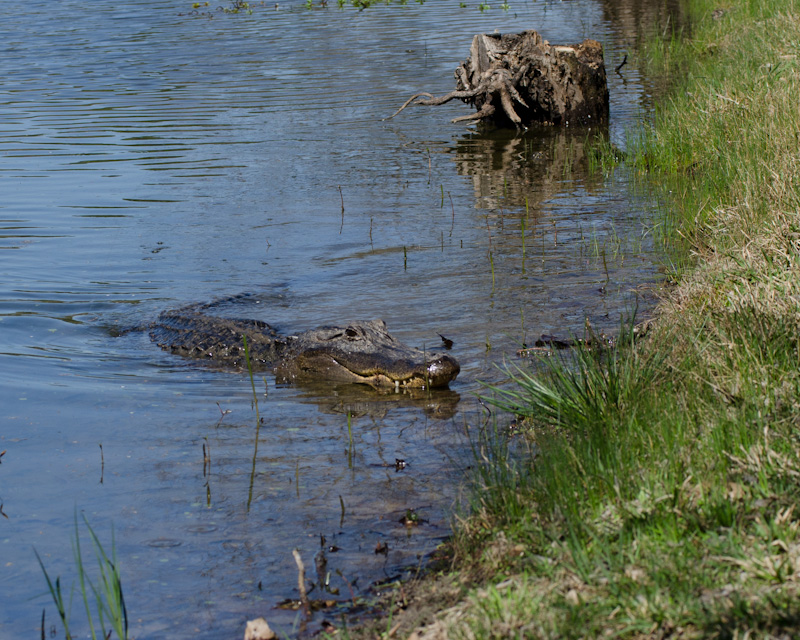IRS
What is a Conservation Easement?
A conservation easement is a voluntary legal agreement between a property owner and a qualified entity (public agency or private conservation organization/non-profit), which will restrict the future land uses of a property to protect its natural and ecological qualities. Conservation easements can permanently protect land from development while the landowner continues to own the land.
Conservation easements are designed with the unique characteristics of the land and land use goals of the landowner in mind. Conservation easements can protect land while still allowing development of a home site, operational practices, etc. All such uses are specifically outlined in the conservation easement and the landowner retains all ownership rights not specifically restricted in the conservation easement.
The conservation easement is developed as a partnership to meet the conservation goals of the landowner and the conservation easement recipient.
Tax Deductions for Donated Conservation Easements
To qualify for a federal tax deduction, a conservation easement must:
- Be perpetual (forever),
- Be donated to a qualified organization (land trust or government entity),
- Be donated exclusively for recognized conservation purposes
Up to the full value of a conservation easement may be deducted from the landowner’s adjusted gross income for tax purposes as a charitable gift. Note that the conservation easement must be in perpetuity to quality for tax benefits. Donation of a conservation easement can also help a landowner in estate planning by reducing or eliminating federal estate taxes.
Each county has laws specific to conservation easements and special valuation of land with easements. In some cases where land is not otherwise specially valued, the property taxes for land with a conservation easement may be reduced by the value of the conservation easement. See your local county appraisal district (CAD) for detail specific to your county.
Getting Started:
- As a rule, consult your tax and legal adviser prior to making any decisions about your landowner rights and taxes.
- Interested landowners should consider their conservation values and goals.
- Review Federal tax law relevant to deduction of a donated of a conservation easement
- Speak with your local Central Appraisal District (CAD) about local appraisal law for conservation easements
- The landowner should research and meet with land trusts.A list of accredited area land trusts can be found at the Texas Land Trust Council Website’s Land Trust Directory
- When a land trust is selected and agrees to hold the conservation easement, that entity will guide and assist the landowner through the process.

